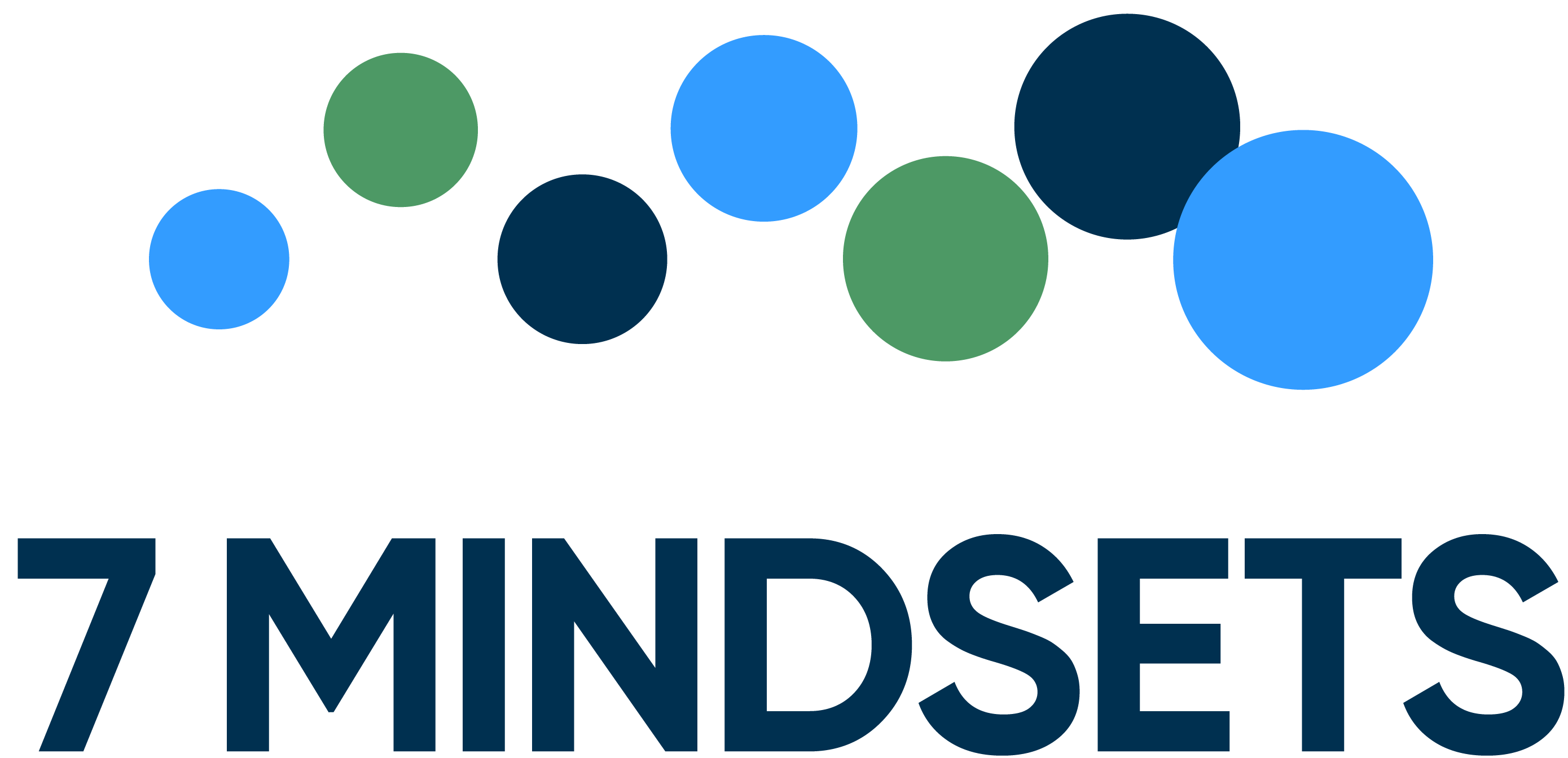For a successful year, students and teachers don’t just need academic resources—they need mental health resources, too.
By Robin Glenn, Chief Strategy and Business Development Officer, 7 Mindsets
This article was originally published by eSchool News on September 14, 2023.
As the new academic year approaches, it’s crucial to pay attention to an aspect of school life that often doesn’t feature prominently in back-to-school prep: mental health. For both educators and students, safeguarding mental health is important to promoting a positive, supportive, and successful educational environment.
Anxiety, stress, and uncertainty can permeate the school atmosphere at the beginning of the year. Teachers might face pressures from lesson planning, meeting new students, or adjusting to changes in curriculum. Students often grapple with academic pressures, extracurricular activities, social dynamics, and the transition from lazy days spent playing on devices to the more structured school day. These collective stressors necessitate an emphasis on mental health support.
The start of the year is an opportune time to establish a proactive mental health strategy. Administrators can incorporate mental health support into teacher training programs, allowing educators to identify signs of stress in themselves and their students. Workshops focusing on coping mechanisms, stress management, and resilience can provide invaluable tools for teachers to employ in their classrooms. Arming teachers with these resources will provide much needed support and normalize talking about mental health in schools at all levels.
For students, integrating mental health education into the curriculum can create an environment that encourages open conversation about mental health struggles and reduces the associated stigma. Providing students with resources like access to counselors, peer support groups, and mindfulness activities can also aid in their mental well-being.
Active engagement from all stakeholders–administrators, teachers, students, and parents–is essential in fostering a mentally healthy school community. Promoting mental health is not solely about managing crises, but also about fostering empathy, and cultivating a supportive, nurturing educational environment.
To prepare for mental health-related issues, I suggest educators engage in intentional check-ins with every student. These check-ins can range from high-fives to more relational dialogues that show the student that they are noticed. Allowing students to share can be a crucial component to fostering a healthy environment. Establishing these connections can also help foster deeper links between students and teachers that will span the year and create a safe working environment.
Additionally, communication with parents is vital. Teachers should encourage families to share any struggles their children might be experiencing. A simple heads up from a parent that their child is struggling can help teachers better understand and support their students. This open dialogue can also help identify students who may need further resources or support. Families can play a large role in their child’s success by being proactive through informative communication.
For students feeling anxious about returning to the classroom, it’s important they know they’re not alone. An open conversation about the reality of their fears, along with normalizing their experiences, will help to diffuse the intensity of their emotions.
Discussing executive functioning skills can also help them to reintegrate and adjust with a greater sense of ease. Reminding students of coping strategies such as plenty of sleep each night, eating a diet low in refined sugars, connecting with friends or trusted adults, getting plenty of exercise, and engaging in alone time to recharge can provide a reprieve from high-pressure situations. It comes down to self-care and healthy habits. From leadership to students, a healthy culture can be a game-changer to kick off a great year.
For the 2023-2024 school year, let’s ensure we’re not just equipping our teachers and students with the academic tools they need to succeed, but also the mental health resources necessary to support their overall well-being. As the focus on mental health in America’s classrooms deepens, instilling open-door policies for support as well as over-communicating available resources will enhance student and staff engagement, retention, and overall well-being.
*************************************************





